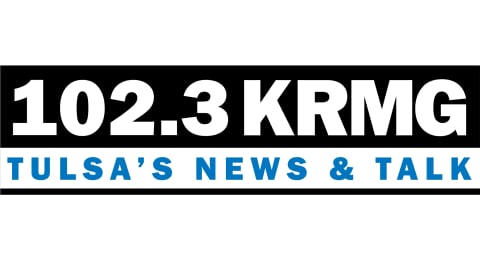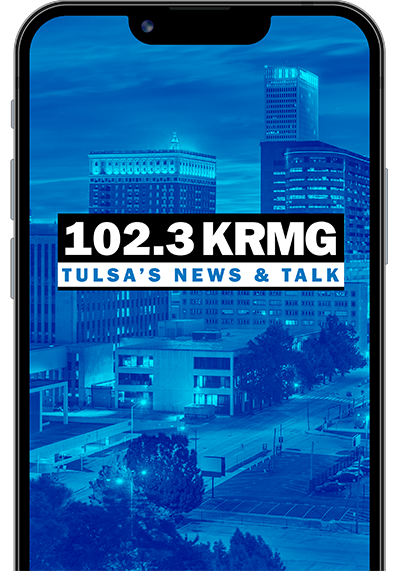NEW YORK — (AP) — The sex trafficking trial of Sean “Diddy” Combs will proceed as scheduled in early May despite his lawyer’s claims that they need an extra two months to prepare, a judge said Friday.
Judge Arun Subramanian said at a Manhattan federal court hearing that the hip-hop mogul’s trial, projected to last from eight to 10 weeks, will start May 5.
Lawyers for the entertainer had requested a two-month delay, citing a need for more time to gather information about trial witnesses and to cope with late additions to the indictment against their client.
But the judge, noting that Combs has at least four attorneys, said the defense has sufficient time to be ready for trial next month. He said he would not grant a delay and allow a “fishing expedition” to seek more evidence.
Combs, 55, who has been held without bail since his September arrest, turned toward the courtroom's spectators after the hearing so he could face his mother. He gave a thumbs-up toward her and two other supporters, including a man who wore a “Free Puff” sweatshirt. He has pleaded not guilty.
During Friday's hearing, Subramanian made rulings about evidence and how the trial will proceed.
Among his rulings, he said accusers who are called as witnesses by the government can testify under pseudonyms to protect their identities.
He also refused a defense request to toss out several charges in the indictment returned against Combs.
Prosecutors say Combs coerced and abused women for two decades, using his "power and prestige" as a music star to silence victims through blackmail and violence, including kidnapping, arson and physical beatings.
They say the Bad Boy Records founder induced female victims into drugged-up, elaborately produced sexual performances with male sex workers in events dubbed "Freak Offs."
Defense lawyers have said the government is mischaracterizing the relationship Combs had with former long-term girlfriends to criminalize consensual sexual conduct.
Copyright 2025 The Associated Press. All rights reserved. This material may not be published, broadcast, rewritten or redistributed without permission.






